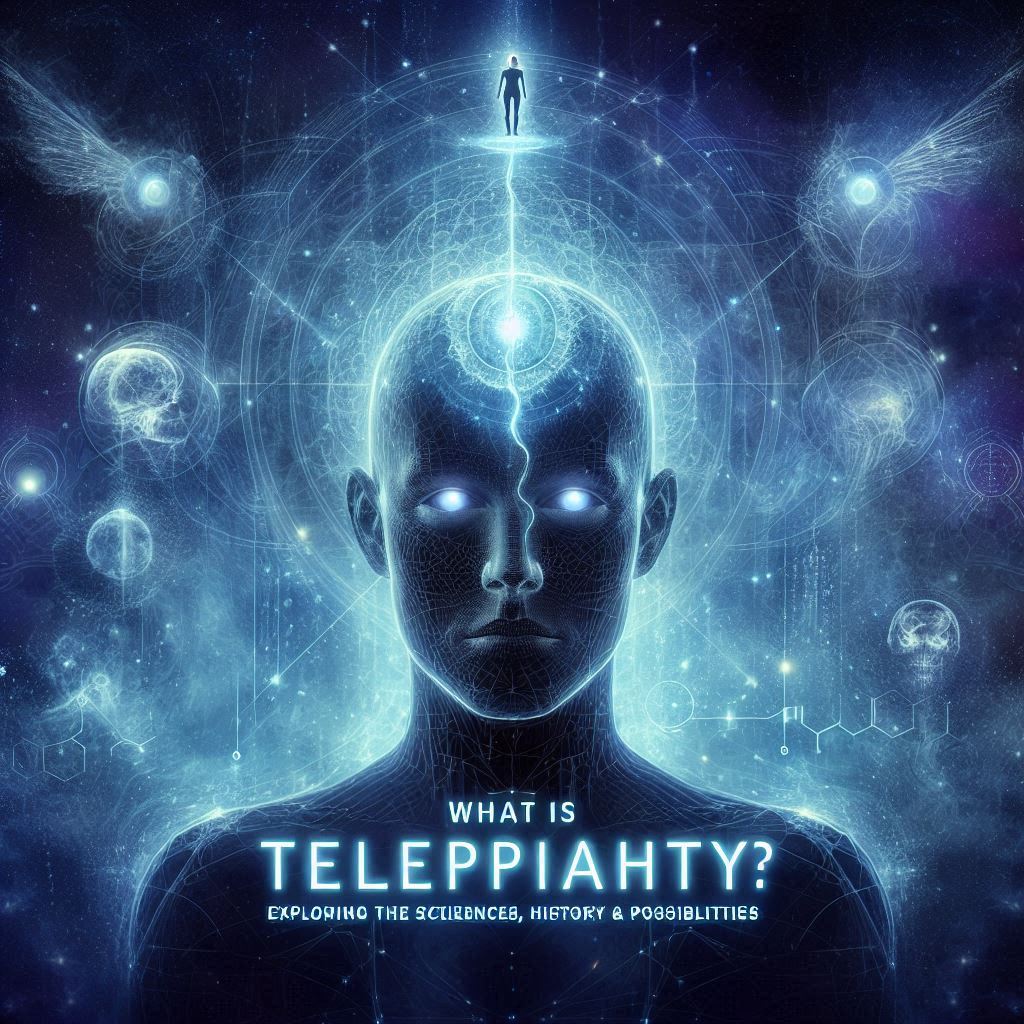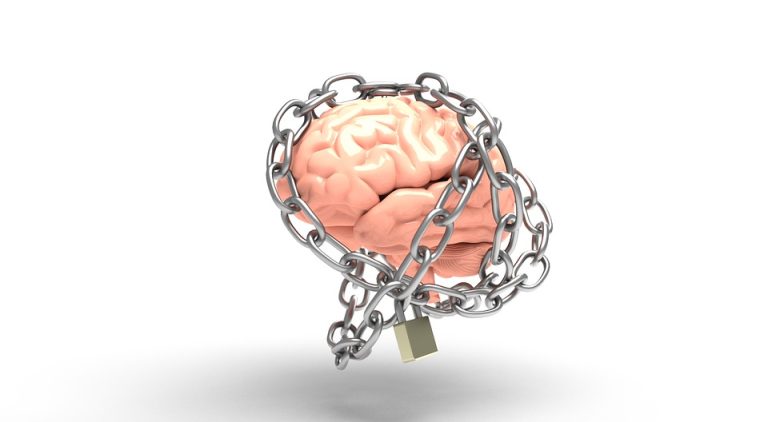
Discover the fascinating world of telepathy – its meaning, science, real-life experiments, and whether mind-to-mind communication is truly possible.
Introduction to Telepathy
Have you ever thought of someone, and suddenly they called or messaged you? It might feel like magic, but many believe this is a form of telepathy. Telepathy refers to the ability to communicate thoughts or feelings directly from one mind to another, without speaking, writing, or using any known senses. It is often called “mind-to-mind communication.”
Though the idea may sound like science fiction, telepathy has fascinated humans for centuries. From ancient beliefs to modern-day research, the mystery of telepathy continues to raise questions: Is it real? Can we prove it? And if so, how can we unlock its power?
What is Telepathy?
The word telepathy comes from two Greek words: “tele” meaning “distant” and “pathos” meaning “feeling” or “perception.” So, telepathy literally means “distant feeling.”
It is the process of transmitting thoughts, emotions, or information from one person’s mind to another without using speech, writing, or any physical interaction.
There are generally three types of telepathy:
- Instinctual Telepathy – Usually seen between close friends, twins, or partners who can sense each other’s thoughts or moods.
- Mental Telepathy – Where specific thoughts or ideas are shared consciously between minds.
- Spiritual Telepathy – Believed to happen on a soul level, often used in meditation or prayer.

History and Belief in Telepathy
The idea of telepathy is not new. Ancient civilizations like the Egyptians and Greeks believed in psychic powers and mental communication. In some cultures, shamans and spiritual leaders were thought to possess telepathic abilities.
In the 19th century, during the rise of spiritualism, telepathy gained popularity. Researchers and scientists began to study it seriously under the field of parapsychology.
One of the first scientific organizations to study telepathy was the Society for Psychical Research (SPR), founded in 1882 in London. They conducted experiments to test if people could send and receive thoughts across distances.
Is There Any Scientific Proof?
Science is cautious when it comes to telepathy. Many experiments have tried to prove its existence, but results are often debated.
One famous study was conducted by J.B. Rhine at Duke University in the 1930s. He used cards with symbols (called Zener cards) to test telepathic communication. Some people showed high scores, but skeptics argued that chance or guessing played a role.
Another well-known experiment is the Ganzfeld experiment, where one person (the sender) concentrates on an image, while the other person (the receiver) tries to “receive” it in a quiet, sensory-deprived environment. Some experiments showed success above random chance, but critics say more strict testing is needed.
While science has not confirmed telepathy as a fact, it hasn’t completely ruled it out either. Many scientists believe the human brain is still largely unexplored, and telepathy could be part of abilities we haven’t fully understood yet.

Real-Life Experiences of Telepathy
Many people claim to have experienced telepathy in their lives. Some common examples include:
- Mothers sensing their children are in danger, even if they are far away.
- Twins sharing pain or emotions even when apart.
- Couples finishing each other’s sentences or knowing what the other is thinking.
While these stories are often dismissed as coincidences, their frequency makes people wonder if a deeper connection exists.
Can Anyone Develop Telepathic Ability?
Some researchers and spiritual teachers believe that telepathy is a natural human ability that can be developed with practice. Here are some steps people use to improve mental communication:
- Meditation: Quieting the mind is the first step. Meditation helps sharpen mental focus.
- Visualization: Visualizing the person you want to connect with can strengthen the bond.
- Trusting Intuition: Learning to trust your inner voice can guide you in telepathic attempts.
- Practicing with a Partner: Regular exercises with a friend or partner can improve results.
- Journaling Experiences: Keeping a record helps track progress and patterns.
Even if it doesn’t lead to full telepathic communication, these practices can improve empathy and emotional intelligence.
Telepathy in Modern Technology
Interestingly, technology is catching up with the idea of telepathy. Scientists are now exploring Brain-Computer Interfaces (BCIs) that allow people to control devices using their thoughts.
For example, researchers have developed mind-controlled prosthetics and typing devices. Some experiments even show people communicating simple messages brain-to-brain using technology.
Though it’s not the same as “natural telepathy,” it shows that direct brain communication is becoming possible, thanks to modern science.

Telepathy in Popular Culture
Telepathy has long been a favorite subject in movies, books, and TV shows. Some popular examples include:
- Professor X from X-Men, who reads and sends thoughts.
- Eleven from Stranger Things, who uses her mind for communication and action.
- Star Wars Jedi, who sense and communicate across galaxies.
These fictional stories may be exaggerated, but they reflect our deep fascination with the mind’s hidden powers.
Conclusion: Is Telepathy Real?
Telepathy remains one of the most intriguing mysteries of the mind. While science hasn’t confirmed it as fact, thousands of personal stories and some promising experiments keep the debate alive.
Whether it is a natural human gift, a spiritual skill, or a future possibility through technology, one thing is clear – telepathy challenges our understanding of communication.
As science continues to explore the mind, maybe one day we will truly unlock the power to connect without words.

Frequently Asked Questions (FAQs)
Q1: Is telepathy scientifically proven?
No, telepathy is not yet scientifically proven. Some studies show interesting results, but more research is needed.
Q2: Can anyone learn telepathy?
Some believe telepathy can be developed with practice through meditation and mental focus, though there is no guaranteed method.
Q3: Is telepathy the same as intuition?
Not exactly. Telepathy is about sending/receiving thoughts, while intuition is more about sensing or knowing without logical reasoning.
Q4: Do animals use telepathy?
Some pet owners and researchers believe animals may use forms of telepathic communication, especially with their human companions.






